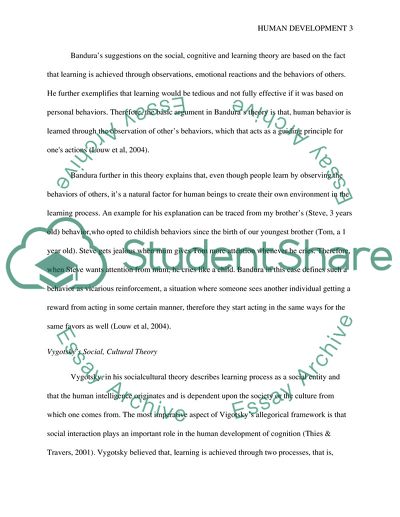Cite this document
(“Human Development Research Paper Example | Topics and Well Written Essays - 2500 words”, n.d.)
Human Development Research Paper Example | Topics and Well Written Essays - 2500 words. Retrieved from https://studentshare.org/psychology/1642305-human-development
Human Development Research Paper Example | Topics and Well Written Essays - 2500 words. Retrieved from https://studentshare.org/psychology/1642305-human-development
(Human Development Research Paper Example | Topics and Well Written Essays - 2500 Words)
Human Development Research Paper Example | Topics and Well Written Essays - 2500 Words. https://studentshare.org/psychology/1642305-human-development.
Human Development Research Paper Example | Topics and Well Written Essays - 2500 Words. https://studentshare.org/psychology/1642305-human-development.
“Human Development Research Paper Example | Topics and Well Written Essays - 2500 Words”, n.d. https://studentshare.org/psychology/1642305-human-development.


